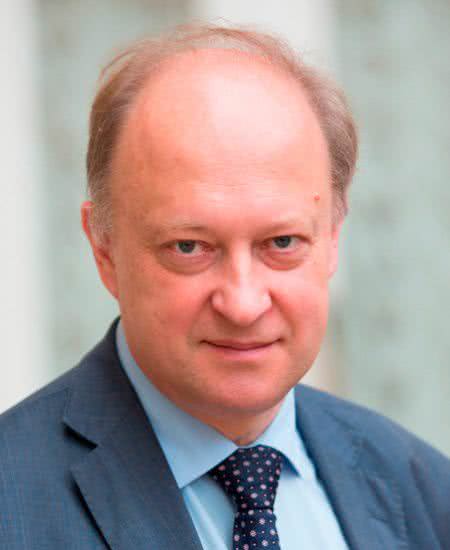Author: Andrey V. Kortunov – 31/08/2019
Abstract
The concept of multipolarity, at least in Russia, remains an eclectic assortment of general political statements and observations concerning important, but separate, global development trends. Multipolarity, as an inevitable and desired state of the international system (a new world order), has been put on hold until an increasingly distant future and is clearly evolving (especially in official political narratives) towards the old Soviet-era bipolar outlook on world politics. This evolution, different aspects of which are analyzed in this article, creates substantial potential challenges to Russia’s positioning in the emerging system of international relations and slows down the development of the Russian theory of international relations. A convincing alternative to the multipolar concept is a multilateral one. The differences between the two are identified and analyzed in the final section of this article.
Keywords: polycentric world, multipolar world, multilateral world, Russian official political narratives, new bipolarity, IR theory
Throughout most of post-Soviet history, the prevalent world order evolution narrative in Russia was the one that envisioned a gradual transition from bipolarity (Cold War period) to a “unipolar moment” (mid-1990s) and further towards a multipolar, or polycentric, world. As a rule, no one tries to look beyond the distant horizons of “mature polycentrism” in Russia. Although the substance of this multipolarity, the specific trajectory of systemic shifts and their significance for international stability have been actively discussed in the Russian expert and political communities, the very fact of the international system’s evolution towards multipolarity can be considered generally recognized. The terms ‘multipolar’ and ‘polycentric’ are most often used interchangeably in Russia’s official and expert rhetoric, and the former can be found more often than the latter. There are nuances in meaning, but both terms put emphasis on the “power hubs” of the modern world (poles and centers) rather than communication between them (as in “multilateralism”).
Continue reading, download the Analytical Dossier AD_24_2019

Andrey V. Kortunov – Director General at Russian International Affairs Council (RIAC), Moscow, Russia
